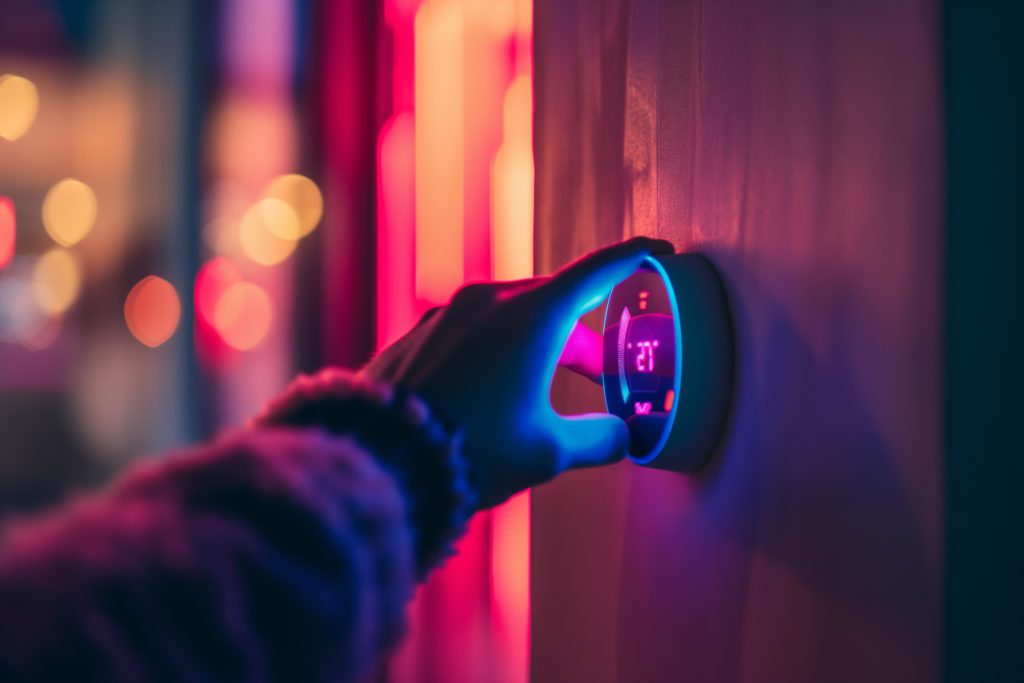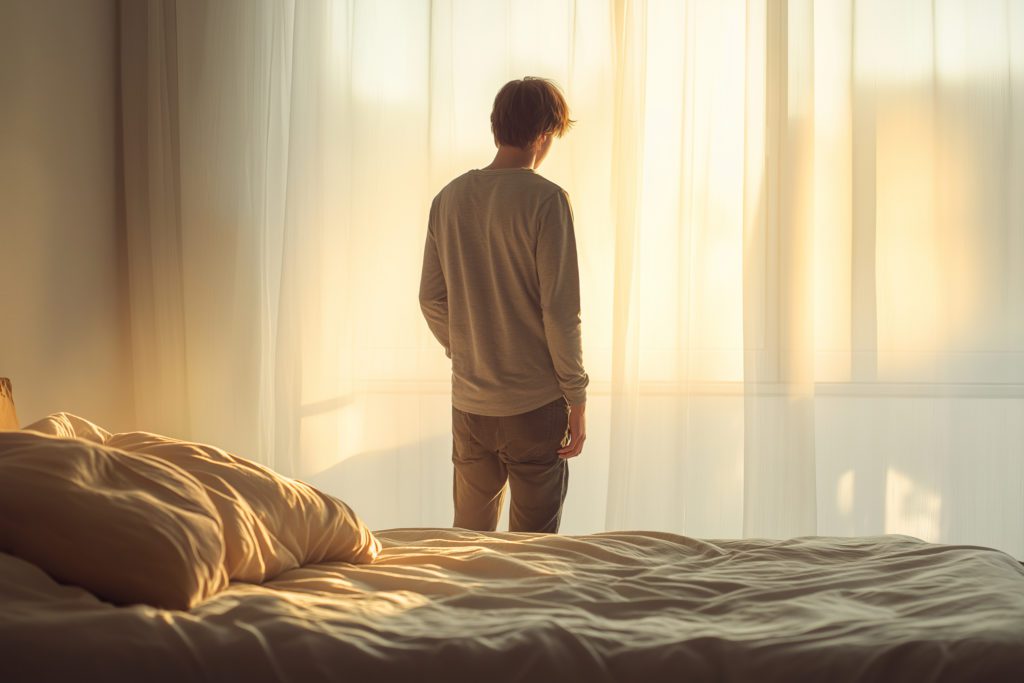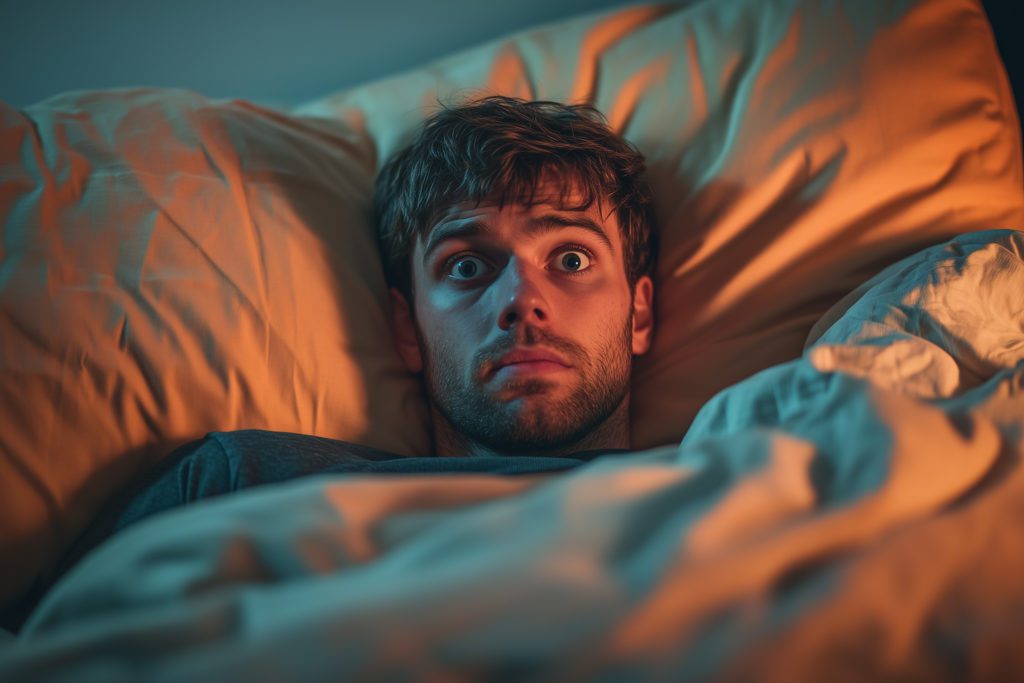
The Relationship Between Yawning and Sleep Disorders
Can’t seem to stop yawning throughout the day? Read our article to discover the connection between yawning and common sleep disorders!

Are you finding yourself yawning more than usual, but you just can’t pinpoint why? You’re getting enough sleep, and you feel rested, but you just can’t shake the yawning. You might be wondering what’s going on, and there are plenty of explanations that you might find online. However, one of the most common reasons that you might be yawning without feeling exhausted is because your yawning might be a symptom of a sleep disorder.
We’re going to explore the connection between yawning and sleep disorders, specifically looking at how yawning is connected to narcolepsy, insomnia, sleep apnea, and more. We’ll uncover all that you need to know about common sleep disorders and their connection to yawning and what this means for you. Let’s first examine a relatively uncommon sleep disorder: narcolepsy.
Yawning Can Be a Symptom of Narcolepsy
If you find yourself feeling excessively sleepy during the day, sleeping without warning, and even encountering memory problems and hallucinations, you might have narcolepsy. Another uncommon symptom that many people don’t often connect to narcolepsy is, in fact, yawning. Yawning is not just a symptom that you’re tired but indicative of your body’s maintenance of arousal and maintaining what is called thermal homeostasis.
Thermal homeostasis is basically your brain cooling off and ensuring you don’t get too hot throughout the day (Source: Thieme). The reason this is important in our discussion of the connection between yawning and narcolepsy is because, as a sleep disorder characterized by the inability to avoid sleep attacks, your body is constantly fighting to stay awake and avoid sleep.
When you go to bed, your body cools down and prepares to rest—the same thing that happens when you have a sleep attack! With narcolepsy, yawning could indicate that your body is attempting to fall asleep or that you have just woken up. Because yawning is tied to our sleep cycles and our body’s ability to maintain homeostasis, it can be a clear symptom for those who have other related narcolepsy symptoms.
Too Much Yawning Might Indicate Insomnia
Yawning is not just tied to narcolepsy but also to insomnia. The ties between yawning and insomnia have long been made, especially since people have believed that yawning is not just indicative of sleepiness but also boredom. Even with the popularized association of yawning with insomnia, not many people have assumed that excessive yawning means that someone has insomnia.
However, sleep deprivation is a characteristic of insomnia that is also connected to yawning. The more sleep-deprived you are, the more likely your body is to struggle with staying awake or aroused. Additionally, you will yawn even more because your body needs to cool down the brain and wants your body to rest. Just as we discussed above regarding narcolepsy, the same is also true about yawning’s connection to insomnia!
Interestingly enough, people have tied yawning to insomnia as a primary symptom and even found ways to treat it homeopathically, mainly with Arsenicum album for constant drowsiness and frequent waking throughout the night or Nux vomica for those who cannot keep from falling asleep too early in the evening and yawn a lot throughout the day (Source: International Journal of Homeopathic Sciences).
Sleep Apnea and Yawning’s Unique Connection
We can’t discuss yawning and sleep disorders without examining how sleep apnea and yawning are related. As you might suspect, people who have sleep apnea also experience sleep disruptions, which likely puts them in a position to struggle with feeling rested and adequately alert for the day. Studies have even been conducted on how yawning indicates sleep quality for those with sleep apnea.
One study wanted to see how people with obstructive sleep apnea yawned, to what extent throughout the day, and how this impacted their sleep quality. As you might have expected, the group that yawned more experienced more sleep deprivation and shorter phases of sleep, leading to less rest. On the other hand, the group that yawned less experienced better sleep and less sleep deprivation (Source: PubMed).
Yawning and sleep apnea are connected but more indicative of the quality of sleep that the person had, as well as how many times they were likely disturbed throughout the night. All in all, what this presents—as you might have guessed—is a clear indication that yawning plays a more important role than we might think in determining our sleep health. It can even be a sign of other sleep disorders!
Yawning May Signal Other Sleep Disorders
As mentioned, yawning can be a sign of excessive sleepiness, which is also tied to other sleep disorders, like restless legs syndrome (RLS) and periodic limb movement disorder (PLMD). Because these disorders also disrupt your nightly rest, like sleep apnea or insomnia, it’s to be expected that you may find yourself yawning more than usual if you have these conditions.
People with restless leg syndrome (RLS) also present signs of yawning without feeling tired, but this is to be expected. The yawning is a sign that the body did not get enough rest, but it can often lead to issues like headaches, migraines, and overall exhaustion because of a lack of adequate rest. Similarly, yawning has also been tied to periodic limb movement disorder (PLMD) because it also signals a lack of rest and the body’s inability to truly and fully recover overnight (Source: SageJournals).
Enhance Your Health and Get Adequate Sleep
If you struggle with excessive yawning and worry that you might have a sleep disorder, we always recommend that you seek help from a medical professional. As we have explored, yawning is tied to sleep disorders because it can signal your body’s exhaustion, as well as your body’s response to try and stay alert or even to try and get enough sleep so you can properly rest and recover.
For more information about yawning, sleep health, and more, feel free to check out our website to read more exciting insights from the industry!

Written by
Marie Soukup
Marie Soukup is a seasoned copywriter, editor, and Integrative Nutrition Health Coach with a certificate from the Institute of Integrative Nutrition (IIN). With years of experience working with brands across diverse industries, Marie is passionate about holistic health and crafting compelling content.
Download Pillow
Get help
Press & News
Legal
Connect
X (Twitter)
Company
Copyright © Neybox Digital Ltd.



